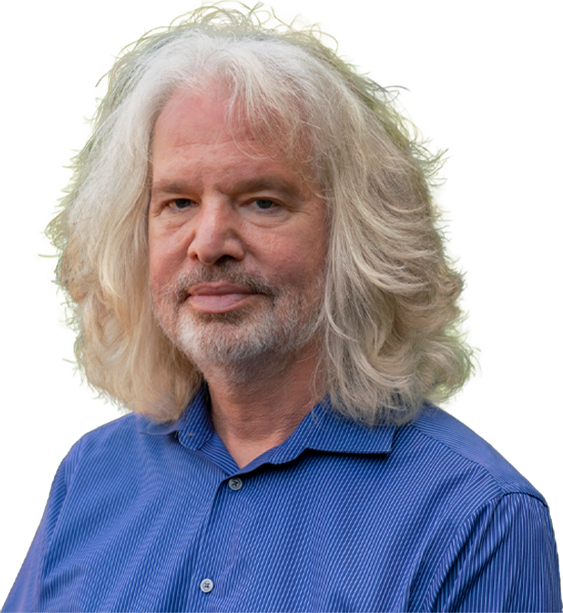Back in the late 1990’s I asked my friend and colleague, Frank Wagner, to take the lead in creating a training to help coaches learn and apply the philosophy, principles, and practices that I had developed to help successful leaders get better.
He and his business partner Chris Coffey then designed and implemented the training of external, and internal, coaches in this methodology. The Marshall Goldsmith Stakeholder Centered Coaching® Certification is a disciplined practice that helps coaches learn and apply a proven process for leaders to use for effective behavior change. The methodology has a remarkable track record of success as measured by those who work with the leader and assess their level of improvement through our Mini-Survey tool.
In my job as an executive coach, I’ve been directly and indirectly responsible for training thousands of coaches, and one of the greatest coaches I’ve trained is Chris Coffey. To me, the measure of a great coach is not how many degrees you have or how many books you’ve written, it’s achieving positive, measurable results. And, Chris does just that. In fact, in terms of managing the process of Stakeholder Centered Coaching, I would put him right at the top in terms of success. His results are just as good as mine!
In the following interview, Chris and I talk a bit about Stakeholder Centered Coaching and what makes him so successful at SCC as a trainer and as a coach.
Marshall: Can you share with people some of the things you do that have helped you become so successful at Stakeholder Centered Coaching?
Chris: Great question Marshall!
Thinking back to 2000 when we started SCC, we wanted people to learn to coach like you, so we started teaching people the method. I have learned so much by teaching! I realize that whenever I teach people how to coach I learn. I learn from the students and it reinforces the process.
Stakeholder Centered Coaching has been built off of your method, Marshall, so, like you, I help successful people have a positive change in behavior that’s sustainable and that’s recognized and acknowledged by others.
Stakeholder Centered Coaching is incredibly powerful because the stakeholders are so actively engaged in the change process. First, as coaches, we ask people to pick only 1 or 2 behaviors to work on from their 360 assessments. Then we ask them who will know if they are changing, and those people are actively involved as stakeholders. At intervals, they then follow up with their stakeholders as to how they’re doing at changing those behaviors they’ve chosen to work on. It’s very unique — most coaching doesn’t actively engage stakeholders.
Marshall: That’s right! Some of them do just the opposite. In fact, you can’t tell people around you that you have a coach. It’s a secret, which means there is no way to really measure change in behavior because no one knows you have a coach. No one knows you are trying to change your behavior, so there’s no one to do the measuring, It seems like common sense, and it is, but it’s certainly not common practice!
I am so excited about my new book, How Women Rise, with my lead author, Sally Helgesen! Our book was released April 10th and is already Bookscan #1 in for Women in Business and in the Top Ten for all Business Books. Please order it here!
Share this:


